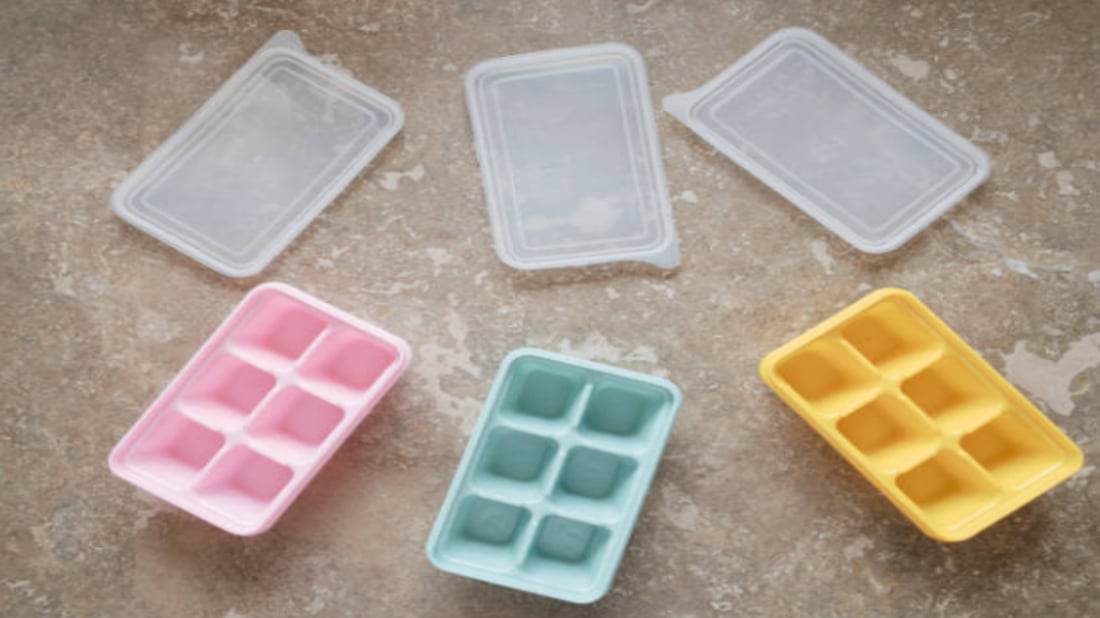Silicone is a versatile material renowned for its unique properties, finding extensive applications across diverse industries due to its flexibility, durability, and resistance to heat and chemicals. This guide explores the various types, benefits, sustainability aspects, and future trends of silicone products, highlighting their importance in modern manufacturing and everyday use.
H1: What is Silicone?
Definition and Overview
Silicone is a synthetic polymer composed primarily of silicon, oxygen, and other elements like carbon and hydrogen. Known for its elastomeric properties, silicone exhibits exceptional flexibility, durability, and resilience. It is prized for its heat resistance, making it suitable for applications ranging from industrial seals to kitchen utensils.
H2: Types of Silicone Products
1. Silicone Sealants and Adhesives
Silicone sealants and adhesives are integral in construction, automotive, and household settings. They offer excellent weatherproofing capabilities and strong bonding properties, crucial for sealing joints and fixing components.
2. Silicone Rubber
Silicone rubber is widely used in gaskets, O-rings, keypads, and medical devices due to its flexibility, biocompatibility, and resistance to extreme temperatures, chemicals, and UV exposure.
3. Silicone Coatings
Silicone coatings provide waterproofing, heat resistance, and electrical insulation when applied to fabrics, paper, and electronic components, enhancing their durability and performance.
4. Silicone Lubricants
Silicone lubricants reduce friction, prevent rust, and prolong the lifespan of automotive parts, industrial machinery, and household items due to their non-corrosive and water-resistant properties.
5. Silicone Kitchenware
Silicone kitchenware such as baking mats, utensils, and molds are favored for their non-stick surfaces, flexibility, and ease of cleaning, making them ideal for culinary applications.
6. Silicone Medical Devices
In the medical field, silicone is used in implants, prosthetics, catheters, and baby bottle nipples for its biocompatibility, hypoallergenic nature, and long-term durability.
H3: Benefits of Silicone Products
1. Heat Resistance
Silicone products can withstand high temperatures without degrading or leaching harmful substances, ensuring safety and longevity in applications like cooking utensils and industrial components.
2. Flexibility and Durability
With exceptional flexibility and resilience, silicone maintains its shape and performance across a wide range of temperatures, from freezing conditions to UV exposure in outdoor settings.
3. Safety and Biocompatibility
Silicone is non-toxic, hypoallergenic, and resistant to bacterial growth, making it safe for sensitive applications such as food contact materials and medical devices.
H4: Sustainable Aspects of Silicone Products
Recyclability
Efforts are underway to enhance the recyclability of silicone products through innovative recycling processes, contributing to sustainable manufacturing practices and waste reduction.
Environmental Impact
Silicone's durability and potential for reuse mitigate its environmental impact by extending product lifecycles and reducing overall waste generation.
H5: Future Trends in Silicone Technology
Innovations and Applications
Future advancements in silicone technology include developments in silicone-based electronics, 3D printing materials, and biocompatible coatings for medical devices, paving the way for new applications and improved performance.
FAQ - Frequently Asked Questions about Silicone Products
Q1: Are silicone products safe for food use?
Silicone products are FDA-approved and undergo rigorous safety testing, making them safe for food contact materials and kitchenware.
Q2: How do I clean silicone products?
Clean silicone products with mild soap and water, avoiding abrasive cleaners to maintain their integrity and functionality. Ensure thorough drying after cleaning.
Q3: Can silicone be recycled?
While challenges exist, ongoing research and initiatives aim to improve silicone recycling methods, offering potential for future advancements in sustainable silicone practices.
H6: Conclusion
Silicone products play a pivotal role in enhancing safety, efficiency, and sustainability across industries and daily life. Their versatility and unique properties make them indispensable in modern manufacturing, ensuring reliable performance and environmental responsibility.

